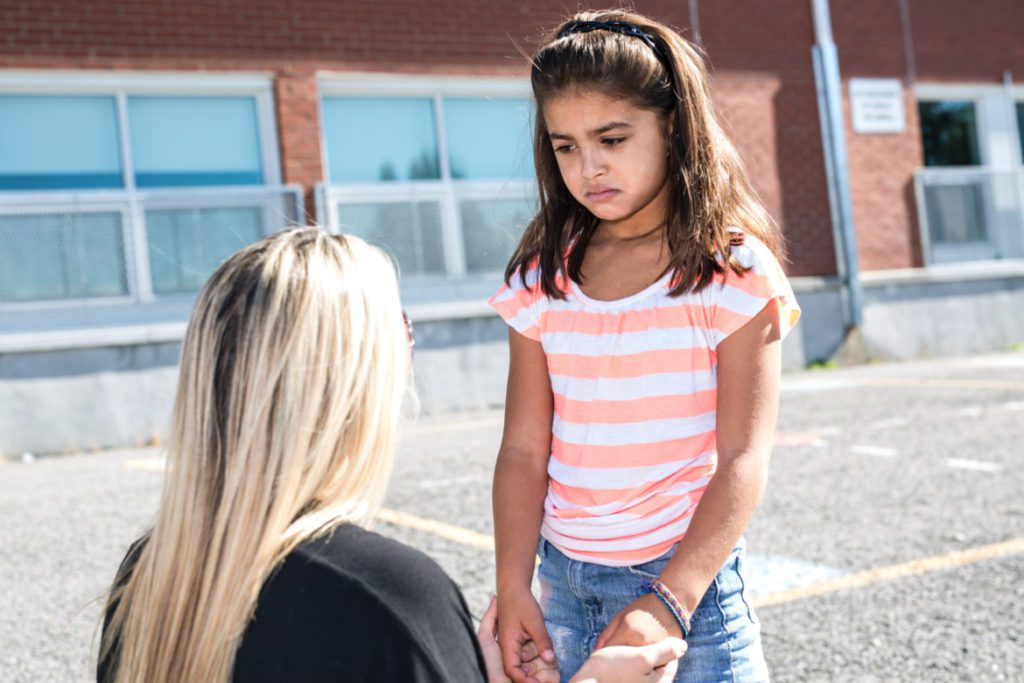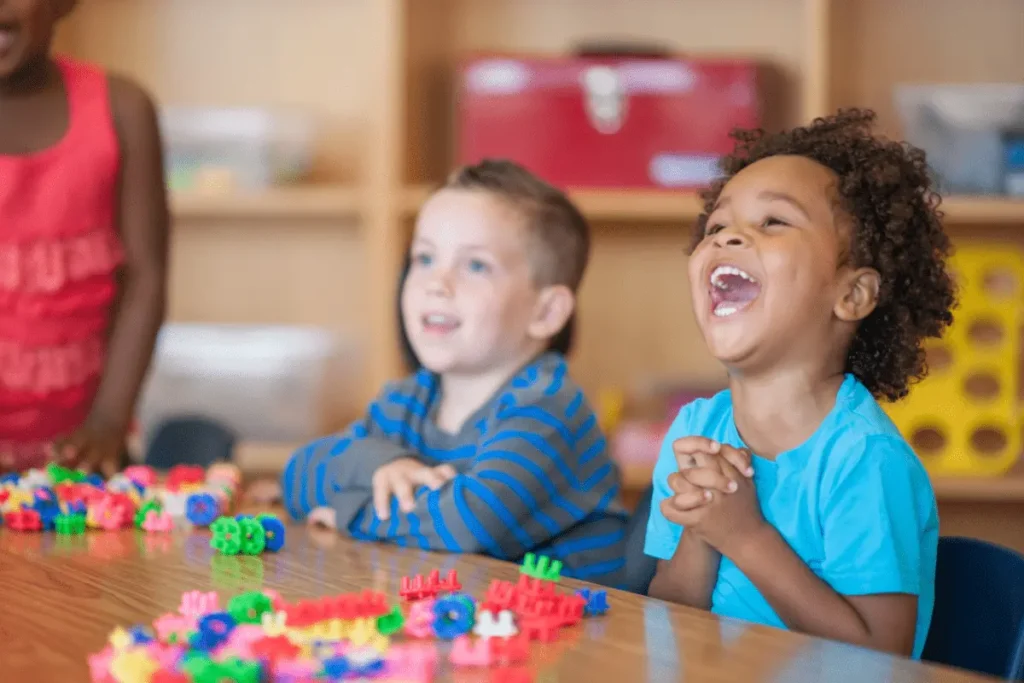Why I Have a Soft Spot for Bullies


I’m not going to bury the lede: the reason I have a soft spot for bullies is because no one else in our classrooms sends so clear a message that they need us.
My thoughts and ideas about bullies and bullying are largely based on my own experiences. I won’t be quoting a research base here—just relying on many years of witnessing and responding to these cries for assistance.
Here’s what I have learned about bullies.
- Bullies know they are bullies. “Do you know that people think you’re a bully?” I’ve asked. Yes, they all know. Not one of them is surprised. Moreover, they are almost always fine with admitting it. Adult bullies are more likely to justify their behaviors with “reasons.” But children are almost universally forthcoming in their acknowledgment of their roles as bullies.
- Bullies are made, not born. Every child who indulges in bullying behavior learned of its power from someone else. While I know that human predispositions and temperaments often have genetic components and are sometimes demonstrated even by infants, the power of bullying is learned.
- Children who are bullies know who taught them how it works. Not all victims become bullies, but all bullies were once victims, and may still be so. “How did you learn how to be a bully?” I’ve asked. Almost without fail, children who are bullies can name someone in their lives—far too often, a family member—who was their bully role model.
- Bullies are tremendously insecure and needy. Hurt people hurt people. When I talk with older children and youths who have been victims of bullies, I always share this insight: bullies are not flexing their strengths—they’re exposing their weaknesses. It rarely helps to tell the bully’s victims that “they’re just jealous of you.” Even if they can’t identify what it is about them that makes them the target of bullies, victims seem to know instinctively (just as bullies do) that they are chosen because the bully knows who won’t fight back. But it does help to explain that the bully is just as insecure and fearful as any victim.
- Bullies have soft spots of their own. The most effective way I’ve ever found to help bullies choose an alternative path of behavior is to learn about who in their lives matters to them and then involve this person in discussions with the child. I would help this person articulate their hopes and dreams for the child. Then, we would work together to make sure the child knew that there adults who are with them for the long haul and want them to know health, happiness, and the comfort and joy that come from being a good friend and family member.
- Bullies don’t really want to be bullies, at least not for their whole lives. I’ve asked them straight out: “Do you want to spend your whole life being a bully?” Bullies typically see their behavior as a short-term fix rather than a long-term lifestyle to which they aspire. An effective measure for working with children who are bullies is to help them think about their own hopes and dreams for their lives. Help them identify what makes a person a good friend or a good family member. Ask them to list people whom they enjoy being around and help them identify positive characteristics of the people they like and admire: “What is about your older brother that makes you like being around him?” or “How does it feel when you are with your grandmom?” Write down their ideas and return to the list every time you need to talk with the child. Chart their successes in becoming the person they want to be and leaving behind the person they don’t want to be.
A final word about both bullies and victims of bullying
I asked a young and very friendly friend (not a bully!) recently if he knew what bullying was. He said that he did.
“Bullies are sort of like ghosts,” he said, without the slightest hesitation.
I asked him to tell me more (while his father looked on in glowing admiration of how utterly profound his child could be).
“Well,” he continued, “they sneak in and just take things.”
He’s right. He’s 4-and-a-half years old, and he’s perfectly right: bullies sneak in and just take things.
They take self-confidence. They take self-respect. They take positive self-regard. All because they have so little of their own.
Caring adults in these children’s lives can support both bullies and their victims by helping them to value themselves and articulate their own hopes and dreams for their lives and the lives of those they care about.
Bullies are made, and they can be unmade.
I believe it with all my heart, and not just in the soft spot. When caring adults help children— both bullies and victims of bullying—understand their value, their worth, and their potential, they can indeed drive out the ghosts of bullies-past and help children become the friends and family members they really want to be.

Build the foundation children need for success in school and in life
Provide effective support to all children with the lessons of our award-winning social–emotional curriculum Al’s Pals.